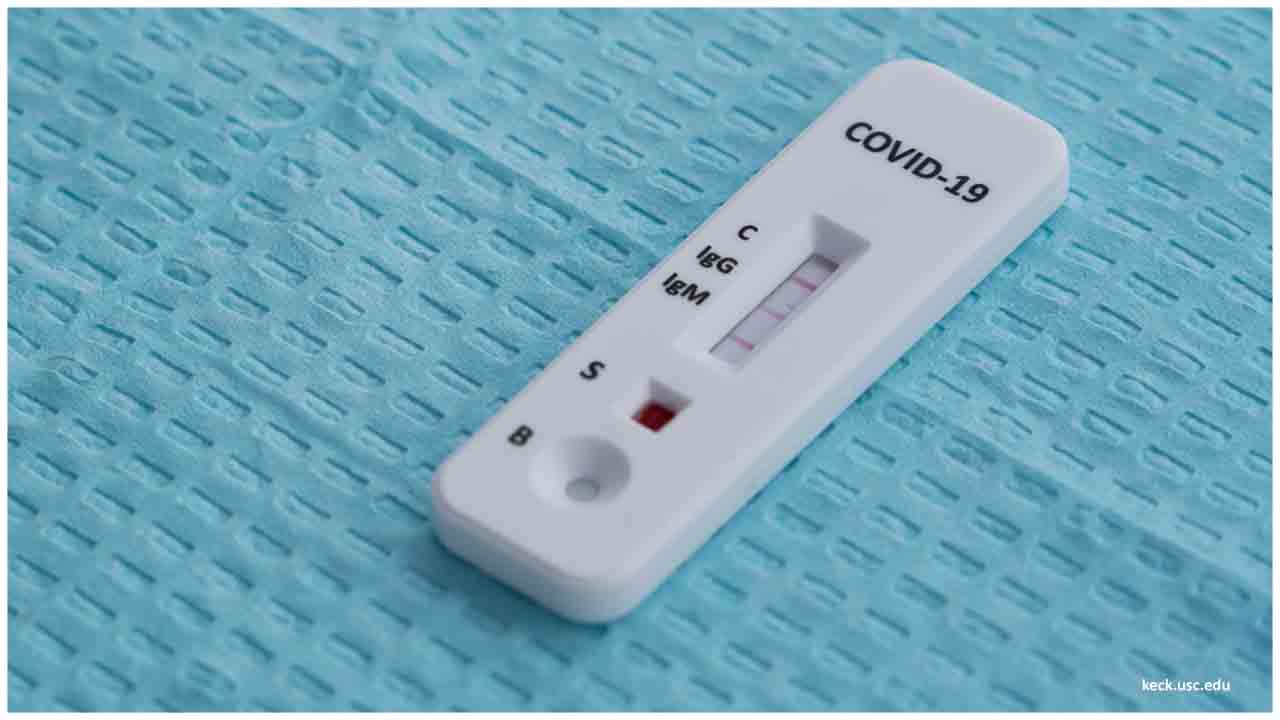Another examination from China demonstrated that antibodies blurred rapidly in both asymptomatic and indicative COVID-19 patients during healing, bringing up issues about whether the ailment prompts any enduring invulnerability to the infection a while later.
The examination, which concentrated on 37 asymptomatic and 37 indicative patients, demonstrated that over 90% of the two gatherings demonstrated steep decreases in levels of SARS-COV-2–explicit immunoglobulin G (IgG) antibodies inside 2 to 3 months after the beginning of contamination, as per a report distributed yesterday in Nature Medicine. Further, 40% of the asymptomatic gathering tried negative for IgG antibodies two months after they were discharged from separation.
The creators said the discoveries recommend that it could be hazardous to expect that recuperated patients are resistant to reinfection, which may have suggestions for to what extent to keep up physical separating limitations.
The pized 37 somewhat indicative COVID-19 patients coordinated with the asymptomatic gathering by age, sex, and comorbidity. For extra correlations, they likewise chose 37 sex-and age-coordinated people who tried adversely. The middle period of asymptomatic patients was 41, and 22 were female.
Counteracting agent levels dropped 70%
Among the primary discoveries was that IgG levels in 93% (28/30) of the asymptomatic gathering and 97% (30/31) of the suggestive gathering declined significantly during the early recovering stage (by about two months after discharge from the medical clinic). Counteracting agent levels dropped by 71.1% in asymptomatic patients and 76.2% in the indicative gathering.
"Besides, 40.0% (12/30) of asymptomatic people, yet just 12.9% (4/31) of suggestive people, got seronegative for IgG" during that time, the report says.
The specialists additionally discovered decreases in explicit killing (antibodies that can kill a pathogen all alone, without assistance from different components of the safe framework), however, the decays were not close to as extensive similarly as with IgG.
Diminishes in the killing antibodies were seen in 81% (30/37) of the asymptomatic gathering and 62% (23/37) of the suggestive gathering. The middle abatements in the neutralizer level were 8.3% in the asymptomatic gathering and 11.7% in the indicative patients.
The report likewise takes note of that IgG levels were essentially higher in the indicative patients than the asymptomatic ones in both the intense and gaining strength periods of the disease.
Longer shedding in asymptomatic gathering
In different discoveries, the specialists said the asymptomatic patients shed the infection essentially longer than the indicative patients—a middle of 19 days versus 14 days. However, they advised that distinguishable viral shedding doesn't really imply that the viral particles shed were irresistible.
The specialists additionally estimated the degrees of various cytokines and chemokines in the patients and reasoned that "the asymptomatic people had a diminished fiery reaction portrayed by low circling groupings of cytokines and chemokines."
The creators see that their discoveries diverge from what's thought about the span of antibodies to two other key coronaviruses, SARS-CoV, which causes extreme intense respiratory conditions (SARS) and MERS-CoV (Middle East respiratory disorder coronavirus). Past discoveries show that antibodies to those infections last in any event a year and frequently more, they said.
In mix with certain past discoveries on COVID-19 antibodies, the scientists presumed that their outcomes "may demonstrate the dangers of utilizing COVID-19 'invulnerability identifications' and bolster the prolongation of general wellbeing intercessions, including social separating, cleanliness, confinement of high-chance gatherings and across the board testing."
The investigation didn't deliver cell insusceptibility to COVID-19—that is, invulnerable reactions including T-cells instead of antibodies. Some past examinations have discovered SARS-CoV–explicit T-cells in high rates of recuperating COVID-19 patients.

 A new study from China showed that antibodies faded quickly in Asymptomatic patients
A new study from China showed that antibodies faded quickly in Asymptomatic patients 









.jpeg)

.jpeg)
.jpeg)

.jpeg)


.jpeg)



.jpeg)
.jpeg)
.jpeg)


.jpg)


.jpeg)
.jpeg)